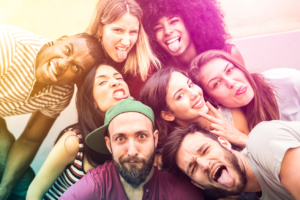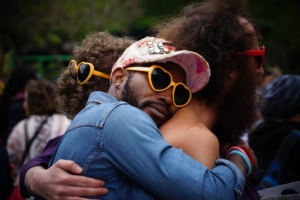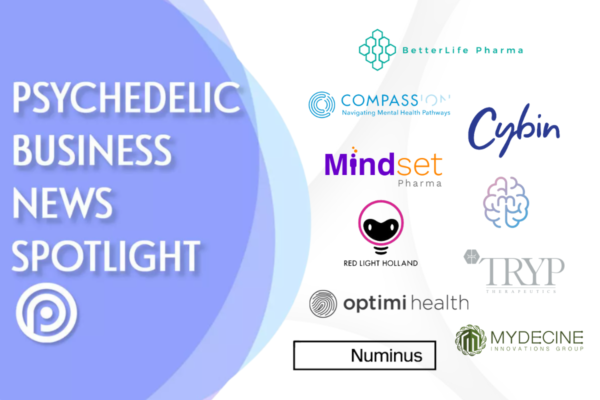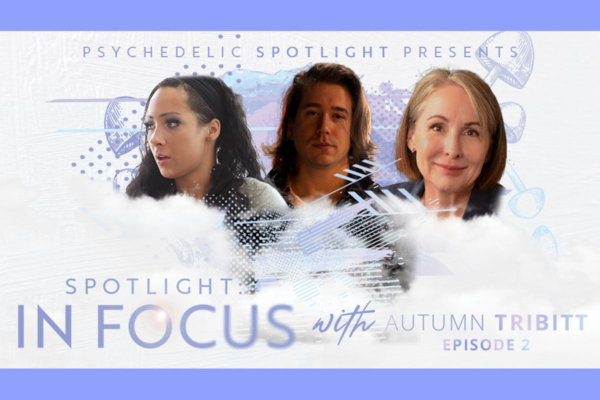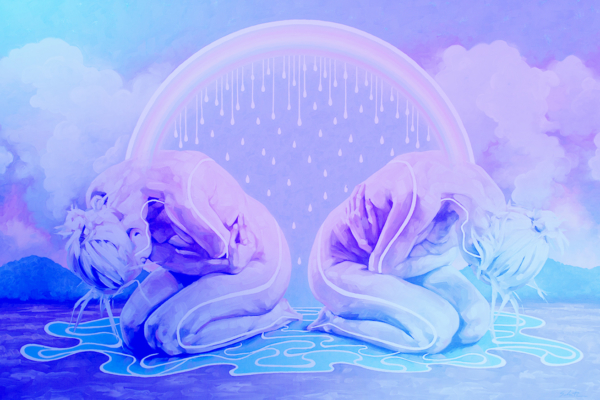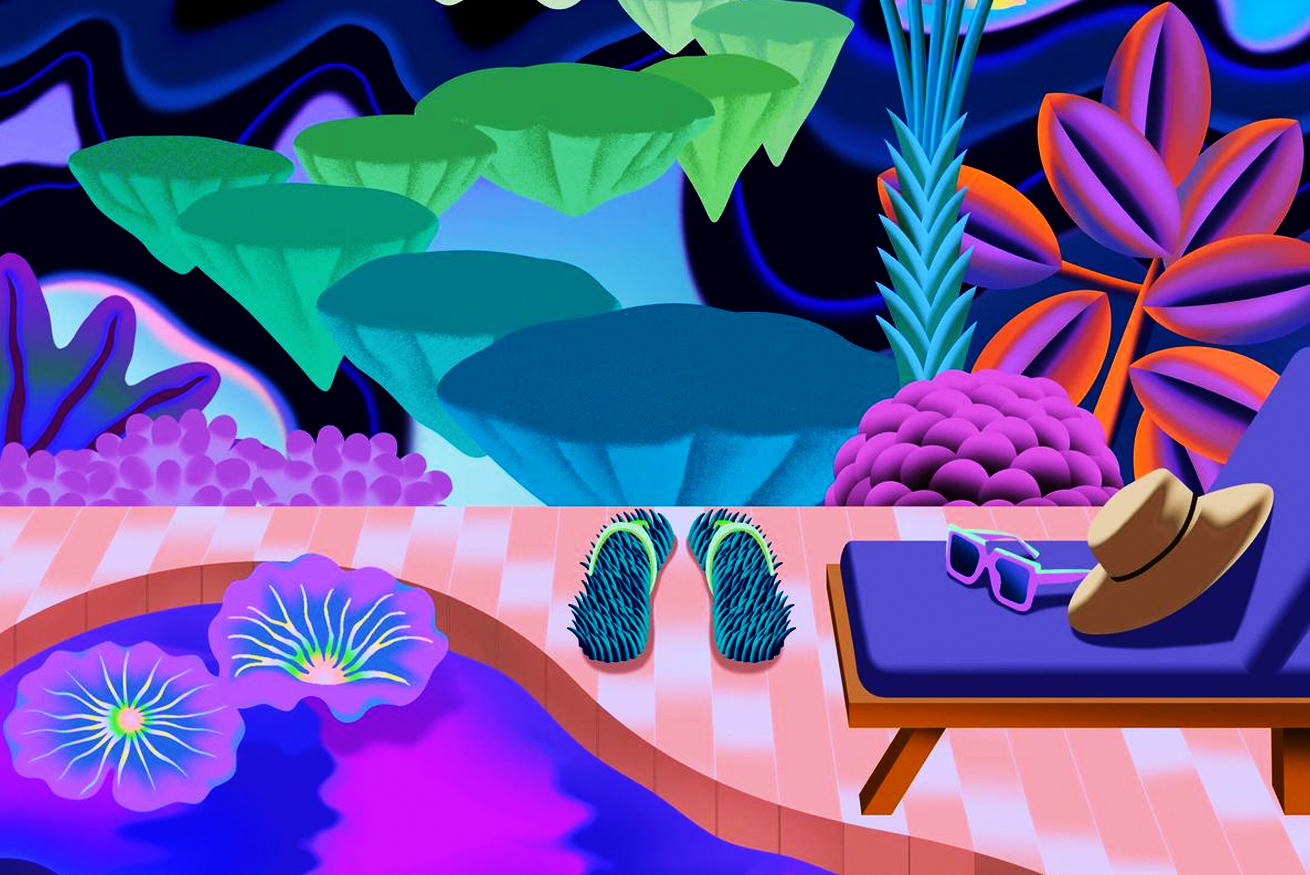
If you’re mulling over destinations for your next trip, it’s possible the booming luxury psychedelic retreats industry has crossed your radar. In all honesty, considering the volume of news stories and fresh celebrity testimonials on the topic, the subject can feel impossible to ignore these days.
Be it Buzzfeed tackling ego death at a luxury DMT psychedelic retreat, Insider’s recent profile on Canadian luxury psychedelic retreat Dimensions Algonquin Highlands, or an in-depth dive on the topic from the New York Times last fall, one common theme has emerged: if you’re hoping to enjoy this widening pool of posh, mind-expanding opportunities, you may need to win the lottery first.
Alas, it’s true. Behind these mind-expanding voyages to Peru, Costa Rica, and Jamaica are bank statements featuring a slew of comments. Take, for example, last summer’s Bloomberg headline proclaiming all-inclusive magic mushroom retreats as “the new luxury trips.”
And who, exactly, are taking these trips? Folks like 64-year-old Alisa Bigham.
Per Bloomberg, Bigham —in search of answers after the dissolution of her 40+ year marriage— was inspired to take a psychedelic retreat at Silo Wellness in Jamaica’s Montego Bay after reading the popular 2018 book How to Change Your Mind by acclaimed author Michael Pollan. Apparently, it took but one experience for Bigham to proclaim she’d found her “superpower.”
“Bigham’s experience is becoming more and more common,” the article continues, “as a new breed of retreat is offering not only the lush surroundings, pleasant accommodations, and well-prepared food of high-end vacations but also the spiritual healing and metaphysical self-discovery of guided, plant-based psychedelic experiences.”
Where do we sign up? Well, that’s where the disparity of the situation becomes clear.
For those interested in a stay at the all-inclusive Soltara Healing Center in Costa Rica, you’ll need to fork over somewhere between $2600 and $8900 dollars. That’s light years away from the going price of homegrown sales and grey market products, though of course, these retreats don’t exclusively rely on psilocybin mushrooms either.
Look no further than current reigning NFL MVP Aaron Rogers for a glimpse at the rapid mainstreaming of the South American entheogenic brew ayahuasca over the past several years. Earlier this month, Rogers sat for a high-profile interview on Fox Sports Sunday, during which he discussed his own recent experiences with ayahuasca.
Though Rogers cautioned that the brew “isn’t something I recommend” to the public, there’s nonetheless a slew of topical media coverage hyping the idea of psychedelic wellness retreats as the next luxury frontier.
But if the modern discourse on America’s War on Drugs has taught us anything, it should be this: for as long as drugs remain illegal, those with privilege will suffer fewer consequences for using them.
This is not opinion, but empirical fact. According to Drug Policy Alliance, nearly 80% of people in federal prison and almost 60% of people in state prison for drug offenses are Black or Latino. Because of laws that disenfranchise people with felony convictions, 1 out of every 13 Black people of voting age in the U.S. are denied the right to vote.
Extrapolate these figures to the burgeoning world of legalized psychedelics and it’s easy to find similarities. After all, the luxury psychedelic retreat “eco-system” is that it offers “healing” only to those with the means and opportunity to safely consume psilocybin, ayahuasca, etc. without fear of persecution.
In contrast to a rise in new, non-denominational churches relying on religious freedom protections to provide congregants with psychedelic “sacraments” and the like, the guiding spirit of luxury psychedelic retreats is not one of access but profit. A well-documented cultural legacy of indigenous South American tribes performing ayahuasca ceremonies confirms that making a buck is basically the antithesis of the ritual’s intended purpose.
Indeed, the purpose of seeking out a guided ayahuasca trip is, as Sean Illing put it in a first-person account of his experiences for Vox in 2019, “to cut through the illusion of self-hood.” It’s somewhat ironic that cutting through the illusion of self-hood also requires participating in the marketplace of for-profit consumer spirituality.
Data Bridge Research projects that the luxury psychedelic retreat market will reach north of $10 billion by 2027. That figure is thanks to outfits like Jamaica’s Silo Wellness, where the bill comes to “$3,995 per person or $6,400 per couple.” Again, these are price tags most people with a valid interest in safely exploring psychedelics will have no hope of ever meeting.
Thus, a better, more equitable solution is required if the mainstreaming of psychedelics is to be a prospect open to all, not only the wealthiest among us.
